|
Family and friends play a critical role in rehabilitation after surgery, neuro therapy, physical therapy, and any kind of other recovery process. They help shape the mindset of their loved one during the recovery process, and mindset can significantly affect how efficiently a recovery goes. In many cases, we hear about family and friends that are extremely supportive during the rehab process, uplifting spirits and helping to keep the focus on progress and the end goal. In other cases, we hear about family and friends who cause their loved ones to actually feel WORSE about their progress. Without the support of family and friends, mindset turns negative, and the recovery from surgery, injuries, or chronic pain actually becomes slower. Here’s 7 ways you can avoid being the latter of the two and help your loved one to stay motivated with a focus on progress and the end result. 1. Stay Positive. This will be an overarching theme to this article. Rehabbing from surgery, injury, or chronic pain can be a mentally grueling process, whether it’s with Neuro Therapy, physical therapy, or by other means. Your loved one is constantly asking themselves questions like “Will I ever feel like I used to?”, “Am I wasting my time?”, and “Am I doing this correctly?” Trust me, they’ve got enough work to do on the mental side to stay positive and focused on the end result. The most beneficial thing you can provide is POSITIVE support. Heap it on, go over the top, and make sure you believe that they can accomplish the end result by any means necessary. 2. If you want to ask questions, stay positive with your tone. If your curious enough about your loved one’s progress that you want to ask questions, use a positive tone. Instead of asking “Why do you think that will work?”, say something along the lines of “That sounds really interesting! Did the doctor (or therapists) explain how it’s been so effective for others in the past?” Remember, lay on the positivity and go over the top with it. If your loved one feels like they’re being investigated, they’ll start to doubt their decision to trust their provider, and doubt that they’ll be able to make a full recovery, and I know those aren’t the intentions we want to have with our questions. 3. Go to an appointment with them. Going to an appointment with your loved one can be a great way to show support and learn about the game plan directly from the provider. It’s always better to hear it right from the horse's mouth than putting the pressure on your loved one to remember the practitioner’s exact words. 4. Learn the guidelines the therapy team is asking to be followed outside of therapy and help them stick to it. An added bonus to step #3 is that you’ll be able to learn the guidelines the provider is telling your loved one to follow outside of therapy. Whether its Neuro Therapy, physical therapy, or something else, these guidelines are important to optimize recovery and you can help make sure they stick to it! 5. If you notice progress, tell them about it! This one’s simple. If you notice your loved one is progressing (getting around easier, seems to be complaining about pain less, etc.) tell them about it! Celebrate these successes with them and you’ll multiply the chances that positive results will continue to unfold. 6. Do the exercises with them. If a physical therapist has prescribed home exercises, do your best to learn the ins and outs of the exercises. When you have the opportunity, do them with your loved one to show your support and comment on how challenging they are even for you. 7. Ask them how they are feeling about their progress (or lack thereof)… and then just listen. Sometimes, the best thing to do is to just listen. Ask them how they feel about their progress (or lack thereof) so far, and don’t speak again until they finish talking. When they do, ask a follow-up question and listen again. You may learn a lot about how they are handling the recovery process mentally, which will put you in a better position to provide support and take their results to another level. Local to the Towson, Lutherville-Timonium, Cockeysville, or Hunt Valley area? Friends & Family receive a FREE
Discovery Session at Premier!
2 Comments
The trip started off the same way any trip did for us in 2016. One of our clients, for privacy reasons we’ll call him, “Cinnabons” (to be explained later), had a former teammate go down with an injury. His name? "Frank Underwood". Cinnabons felt that, because of his rapid recovery from a quad injury (nagged for roughly 6 months during the season before spending a week with us for it to go away for good), that we could help. So Cinnabons pursued Frank and was able to persuade him into giving our On-Call Travel Therapy a shot. It wasn’t easy, however, for Cinnabons, as he previously played for Frank’s team, the New York Mets. He knew the clubhouse staff was highly skeptical of bringing in someone from outside the organization to help, but ultimately, he was able to make it happen. Frank had been dealing with a very significant injury that severely impacted his performance and ability to play at high levels, let alone even move at times. “Let me fix you,” is how Cinnabons started the text conversation with Frank. (As an aside, we’re calling our client by the nickname of Cinnabons because we want to protect his privacy and throughout our time together of getting in sessions after games at his house, he would crush sweets and baked goods. His routine was essentially this: Get home from the game, check in on the kids (who were already asleep), watch the end of any baseball games around the league on TV, look up videos/stats of the upcoming, opposing pitcher on his iPad, talk about launch angles, eat a little bit of a post-game meal, and then crush what was most often times available, which at the time were Cinnabons. Perfect combo for getting primed and ready to go for a Neuro Therapy session, right? :-) ) So anyways, Frank reached out to me and we set things up. His team, the New York Mets, were in Washington DC for a three game road trip against the Nationals, so I flew up to DC from Jacksonville, FL. Local to the Towson, Lutherville-Timonium, Cockeysville, or Hunt Valley area? Friends & Family receive a FREE Discovery Session at Premier! When I entered the hotel, I was instructed to ask for, “Frank Underwood”. A call from the front desk was made to Frank’s room, Frank answered, gave the front desk manager the green light, and I was escorted to the elevators. We had worked on some pretty high profile guys in the sports world to this point, but having to use an alias definitely upped the ante a little bit - a first time experience for me. Although it was probably 2 minutes, it seemed like a 20 minute walk from the elevator to his door. If I told you my adrenaline didn’t spike, that would be a complete lie. I could feel my heart beat in my throat, and it was the type of feeling you get as an athlete when the nerves are just through the roof before a game. At the end of the day, you just never know how these things are going to go. That walk was the perfect time for the Imposter Syndrome to kick in. You know, that moment where you instantly regret everything up until that point and doubt everything about your ability to get the job done? I’m sure there are some of you who can relate to that feeling… Who am I to be doing this for a guy like Frank? A year ago, I wasn’t even doing this at all. How did this happen? This is ridiculous, I shouldn’t be here. What have I got myself into? What if he doesn’t like me? What if we don’t get along? What if he hates the session? What am I doing right now? Just getting a result with someone like this was enough pressure in itself, the long-time golden boy of the New York Mets, a guy who hasn’t seen any real relief or increase in performance for quite some time, and someone who is potentially starring down the barrel of surgery after surgery after surgery. Helping him meant that it could potentially save his career. Above all, just the added stress of wanting to put my best foot forward to make true of Cinnabons’ words of, “Let me fix you,” was plenty to think about. No pressure. My knock at his door was greeted with a handshake, a big, warm smile, and an invitation to join him in the living area. He instantly made me feel at ease. I got this… my confidence was instantly restored. Within seconds of entering the room though, that feeling would change, and the tension could be cut with a knife. As Frank led me to the living area, I noticed we weren’t alone. There sat two members of the New York Mets training staff. This was a first for me – providing a session in a hotel room for a client has always been a 1 on 1 situation. Always. It’s important that this time is spent asking in-depth questions and really, truly getting to know this person on a very deep level. It’s a huge part of our success and something that cannot be compromised. Well, I guess there’s a first for everything, and Cinnabons did forewarn me of how skeptical their staff would be about the whole thing going down. So, no big deal, right? These guys were different than Frank. No big, warm smiles. They didn’t stand up to shake hands or say hello. Nothing. I felt as if every move I made or word I said was under the world’s largest microscope. One of the awkward highlights to that session was when I was voicing something about our process foreign to the Mets trainers. They would instantly clear their throats. This happened multiple times, to the point where I felt myself eventually waiting to listen for it and wanting to ask the question, “Do you have something you wish to say?” I did my best to go about the session as I normally would, but the awkwardness of having two men who have been in the sports recovery game for probably 30 years to my 1, sitting 5 feet from me for 90 minutes and not saying a word, is a little strange. The only thing they questioned is how something like Neuro Therapy would help with Frank’s symptoms. It’s definitely a good question. However, when there is no follow up to my answer, no real conversation, no vested interest in understanding, and an understanding on my end that they already have their doubts, it’s typically an indication that they don’t really care about my response. Combine that with the idea that they had no idea what Neuro Therapy is in the first place, and it’s not exactly the best situation for Frank, which is a little troubling. One of the best things for anyone who is recovering from injury, pain, limitation, or any other symptoms for that matter, is that the entire support team is on the same page, ready to collaborate in a helpful, supportive, and empowering way. Unfortunately, this just wasn’t the case. Local to the Towson, Lutherville-Timonium, Cockeysville, or Hunt Valley area? Friends & Family receive a FREE Discovery Session at Premier! At the end of day, I was there to do nothing else but help Frank. I wasn’t there to step on anyone’s toes and definitely not to take anyone’s job. I was brought in to do one thing, and that’s help fix Frank. And if we are being frank, no pun intended, they had their shot for the past year. There’s a word people use to describe doing the same thing over and over again and expecting a different result…. Long story short, that was the last time I saw them. Oddly enough, no follow ups, no random pop ins – a much different experience than some other experiences I’ve had with really quality, supportive medical providers in the MLB. Frank and I would bounce back and forth over the next day and a half for sessions at the stadium and his hotel room. The Nationals were nice enough to put us up in a private room at the stadium, so he could get some work in before the game, and then we would follow that up with a late-night session at the hotel. So there we were, 4 sessions and two days in, and he reported no symptoms. We were rolling. But that next day, it all came to an abrupt stop. This was an injury that he had been dealing with for almost an entire year. I feel like I should say that again… 4 sessions later and two days in, Frank reported having no symptoms. We still had a lot of work left on the table so we could reinforce this changes for good, but the future for Frank was looking promising. The even more amazing thing about the situation was, that in both games following our sessions, he hit home runs. It was truly incredible to witness. Finally, after a year of battling this thing, his body was shifting from a protective/guarded state to a performance state. You could argue that the post-game smiles were even bigger than when I was greeted for the first time on day 1. We started to unleash the power of his nervous system, and it was a beautiful thing. Cinnabons could even tell things were looking up. As Frank trotted around the bases after his second home run at Nationals Park, Cinnabons says to Frank, “I told ya.” The next night, Frank went yard again! Three games, three home runs. That’s unheard of, especially for Frank at this point in his injury. He had not accomplished that type of feat during his entire career and not many Major Leaguers have. But something else was at play…. Here we are, seeing real results, feeling real results, discussing real results, and my time with Frank came to a stop. I’ll never know the true reason as to why that trip ended, but I’ll never forget the last thing Frank said to me as he escorted me to the hotel lobby doors, “I can’t thank you enough, you have been great – really, you truly have been.” Maybe I was wrong with thinking he was a good candidate for Neuro Therapy in the first place? Perhaps the hope he felt during those couple of days scared him a bit? Perhaps it was a show for his former teammate, Cinnabon, in that he didn’t want to say no to the help, but really didn’t have a desire to become better? Maybe he was happy with his role on the team of not playing that much, still getting paid, and eventually having to end his career because of the injury? Maybe he enjoyed not feeling like himself and experiencing the “paralyzing” type of pain that makes you not want to move? As I type all of those thoughts out, they all sound highly unlikely. But what else could it be? I wonder what the experience would have been like if the entire Mets staff was on board, supportive, and maybe even the least bit empowering to keep going with Neuro Therapy. But I guess we’ll never know. In the end, sadly Frank Underwood would go on to battle this issue for the next two years and ultimately be forced into an early retirement. Call his results with us just a coincidence, call it luck, but seeing these types of results are almost expected for people who participate in Neuro Therapy. According to The International Journal of Critical Illness & Injury Science, the team-based, community approach that we emphasize with all clients (and didn’t receive from the Mets) can actually help optimize care and provide a framework for an accelerated post-injury rehabilitation course – the benefits are significant and the disadvantages are few. If you are like Frank, perhaps the first step in your return to excellence is making sure your team (your home-support, spouse, partner, significant other, friends, etc) is on the same page. Get them involved as much as possible, tell them exactly what you need from them, share your successes, share your failures, and maybe even bring them along to your sessions. Their support is 100% needed and they need to understand that. It might be uncomfortable, but I can guarantee that you will thank yourself down the road once you reach the finish line. Maybe you are on the outside looking in – perhaps you are the mom, dad, brother, sister, friend, spouse, partner, or significant other, trainer, psychologist, nutritionist, doctor, therapist, teacher, co-worker, boss. Don’t let this story not serve it’s purpose. Get involved, ask what they need from you, take vested interest in the journey, volunteer to go to a session. Your support is 100% needed and if they don’t understand it, eventually they will. This might be uncomfortable for you too, but I guarantee the same outcome from the previous paragraph – how sweet it will be in the end. Local to the Towson, Lutherville-Timonium, Cockeysville, or Hunt Valley area? Friends & Family receive a FREE
Discovery Session at Premier! |
About the AuthorEvan Lewis is a nationwide leader in Neuro Therapy and founded the Baltimore area's only specialist Neuro Therapy facility. Archives
February 2022
Categories
All
Local to the Towson, Lutherville-Timonium, Cockeysville, or
Hunt Valley area? Friends & Family receive a FREE Discovery Session at Premier!
|
|
About
Premier Neuro Therapy specializes in helping people overcome nagging pains and injuries, avoid surgery and injections, and transform the body to a state of peak performance.
|
Hours
Monday 8am-6pm
Tuesday 8am-6pm Wednesday 8am-6pm Thursday 8am-6pm Friday 8am-6pm Saturday Appointment only Sunday Closed |
Our Location
Our home base is just outside of Baltimore, MD, but we serve clients virtually throughout the United States!
15 miles north of downtown Baltimore, MD
|
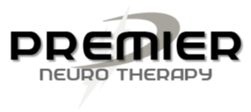
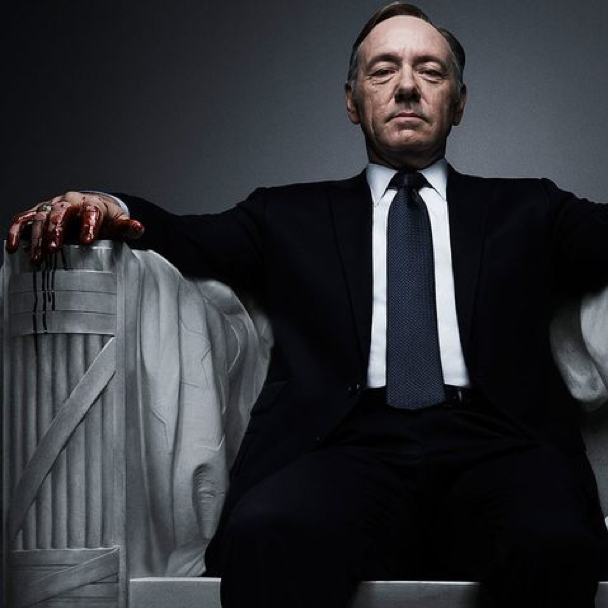
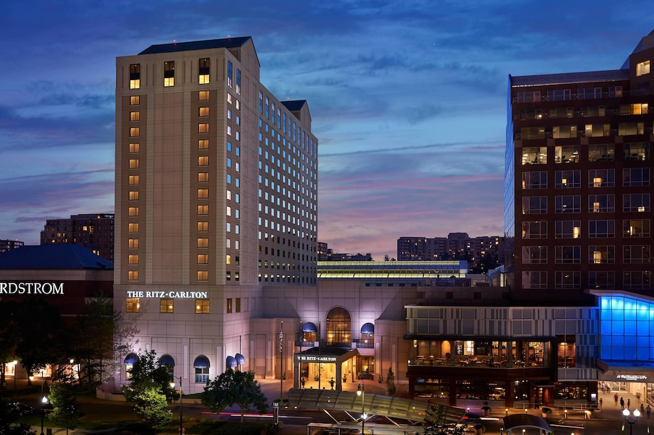
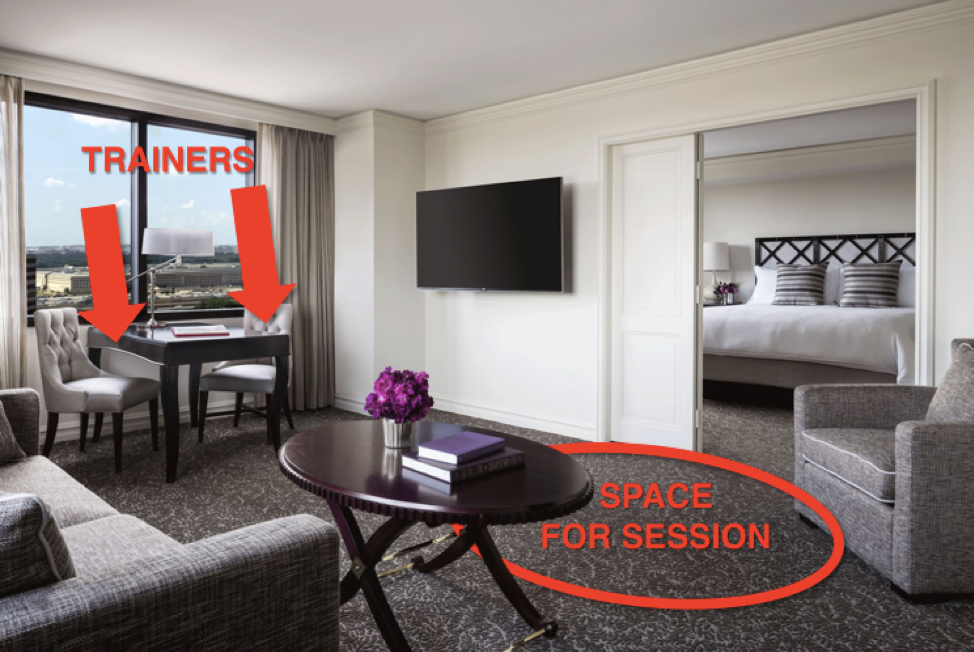
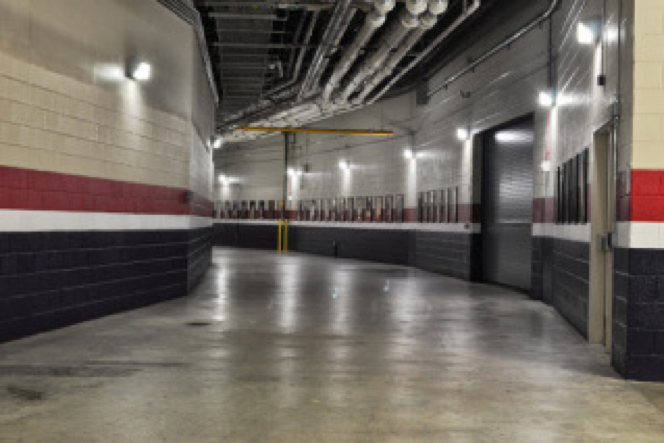

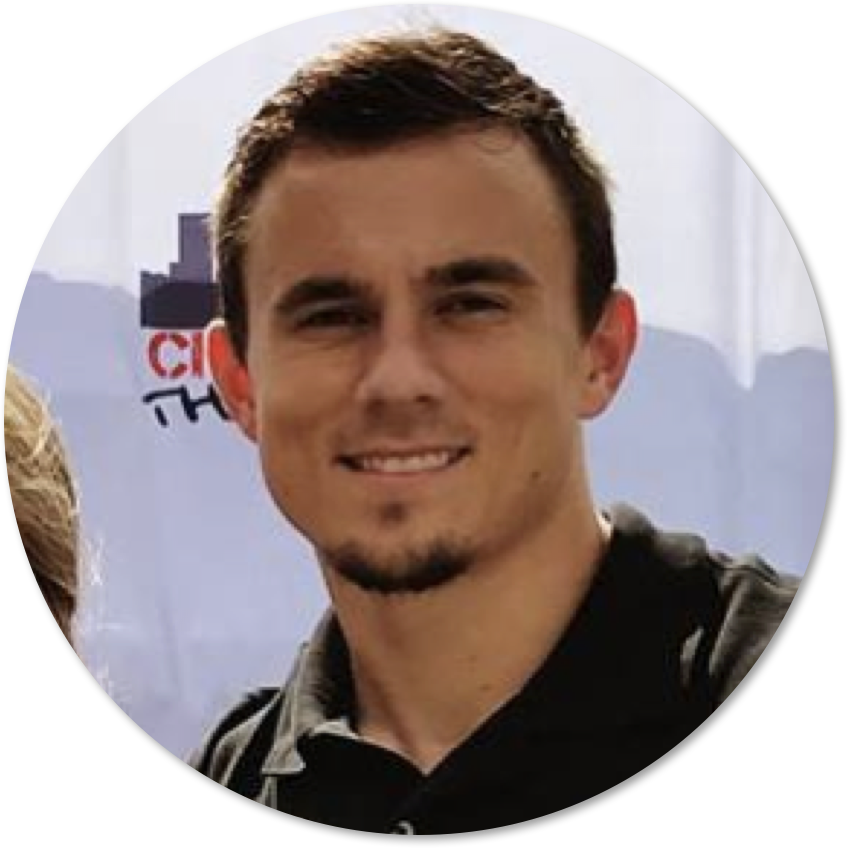
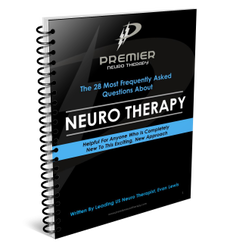
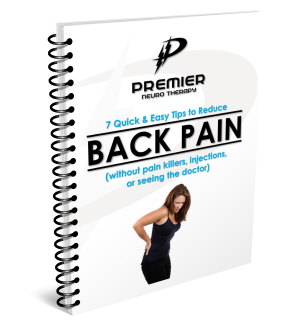
 RSS Feed
RSS Feed